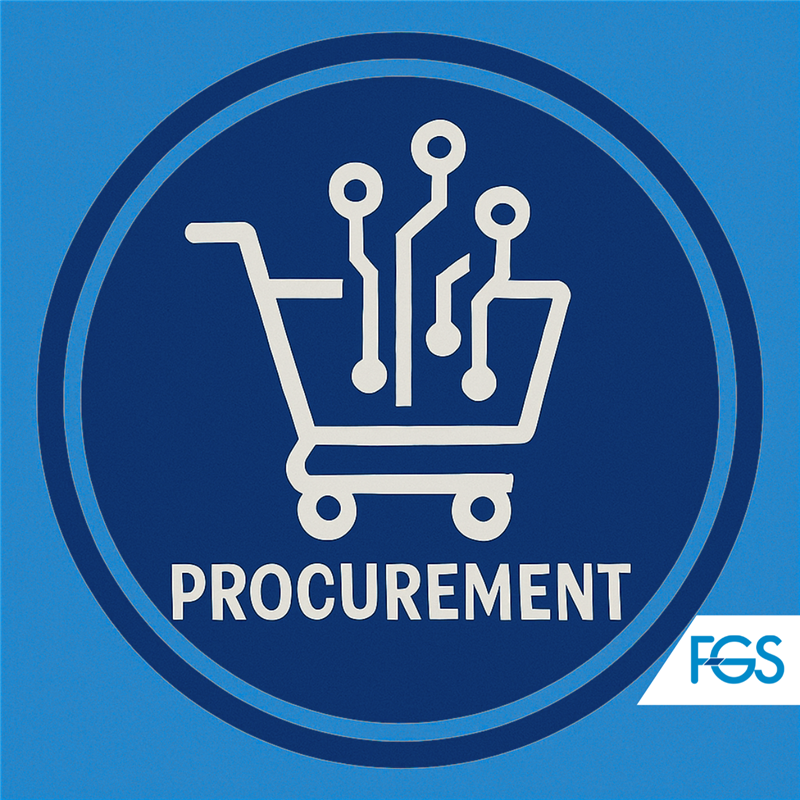When Time Is Against You, You Want Allies You Can Count On — Don’t You?
Posted on 03/09/2025
A few years ago, procurement was described as undergoing a paradigm shift—from a purely transactional function to a strategic one, contributing directly to company performance. The real driver of this shift is the re-organisation and advancement of supplier relationship management.
In most industries, purchasing represents around 75% of product-related costs—and in the maritime sector, this percentage is even higher. This makes one thing clear: success can no longer be measured by the lowest price alone. Chasing low-cost procurement often hides the true cost of operations: delays, inventory issues, quality failures, or costly downtime.
Today, procurement must move from a reactive model—responding only when problems arise—towards a proactive, resilient, and flexible approach. Recent studies by Maersk and Deloitte highlight three key pillars for building resilient supply chains in the maritime sector:
- Proactive risk management
- Pre-emptive alternative solutions (e.g., secondary suppliers)
- Strategic supplier partnerships
A vivid picture from the field?
In the maritime sector—whether in a shipyard or the purchasing office of a shipping company, cargo or passenger, the quality/price ratio still sets the rules. Yet it is supplier responsiveness that ensures operational continuity and protects reputation.
Strategic partnerships with suppliers mean sharing responsibility for success while unlocking tangible benefits: reduced costs, stronger negotiating power, improved productivity and lead times, higher product quality, and access to supplier expertise for innovation.
In practice, the partnership shifts its focus from the deal in itself to the value of the relationship, bringing:
- Awareness: Purchasing teams must rely on suppliers capable of managing emergencies, understanding cost pressures, and providing technical expertise often lacking in-house.
- Operational continuity: At sea, a breakdown quickly translates into hours of downtime, with consequences not only economic but also reputational. Responsiveness means having immediate spare parts, rapid technical support, and practical solutions that keep the ship sailing.
From the supplier’s perspective, responsivness is not just about answering quickly, but also
- The ability to interpret urgent needs,
- The expertise to propose viable alternatives,
- The process to guarantee reliable timelines without compromising safety or quality.
The value of long-term partnerships
When a supplier proves responsive, the relationship becomes a partnership.
- For the buyer: less risk, greater trust.
- For the supplier: sustainable margins and better planning.
And this is exactly where FGS stands: as a partner always ready to respond.




